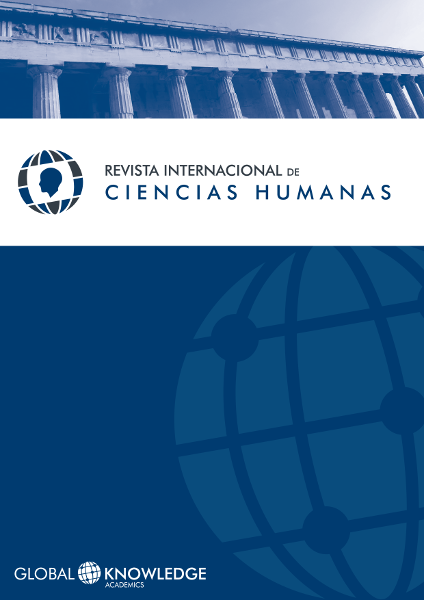Multitemporality and Diversity in the Reading Processes of Condiciones Extremas
DOI:
https://doi.org/10.37467/gka-revhuman.v4.755Keywords:
Hipertextuality, Hypermedia, Subjectivity, Science Fiction, Condiciones Extremas, Literatronic, Digital HumanitiesAbstract
“Condiciones Extremas” (1998, 2000, 2005) by Colombian Juan B. Gutiérrez, is a hypernovel which by its temporal narrative structure manipulates the dispersion of its subject-reader and characters within the general textual strategies of a science fiction novel, where the temporal element is essential in the interpretation of this digital narrative. “Condiciones Extremas” uses “Literatronic” as an artificial intelligent engine which creates a unique narrative for each subject-reader according to the reading choices each reader selects by interacting with this engine. ”Literatronic” hinders the reader from feeling completely lost while attempting to read this hypertext.
References
Capanna, P. (1992). El mundo de la Ciencia Ficción: Sentido e historia. Buenos Aires: Ediciones Letra Buena.
"Diccionario Jázaro" (2005). Wineruda . Web.
Gaggi, S. (1997). From Text to Hypertext: Decentering the Subject in Fiction, Film, the Visual Arts, and Electronic Media. Philadelphia: University of Pennsylvania Press.
Gutiérrez, J. B. (2005). Condiciones Extremas. Literatrónica. Web.
Gutiérrez, J. B. (2007). “Literatrónica: Hipertexto Literario Adaptativo”. Grupos de trabajo – II Congreso ONLINE OCS 2004 . Web.
Hunt, R. A. (1991). “Modes of Reading, and Modes of Reading Swift”. The Experience of Reading: Louise Rosenblatt and Reader-Response Theory. Ed. John Clifford. Portsmouth, NH: Boynton/Cook Publishers,105-26.
MacLachlan, G. y Reid, I. (1994). Framing and Interpretation . Malasia: Melbourne University Press.
McLuhan, M. (1999). Understanding Media: The Extensions of Man . Cambridge: The MIT Press.
Smith, M. W. (2001). Reading Simulacra: Fatal Theories for Postmodernity. Albany: State University of New York Press.
Suvin, D. (1979). Metamorphoses of Science Fiction: On the Poetics and History of a Literary Genre. New Haven: Yale University Press
Downloads
Published
How to Cite
Issue
Section
License
Those authors who publish in this journal accept the following terms:
- Authors will keep the moral right of the work and they will transfer the commercial rights.
- After 1 year from publication, the work shall thereafter be open access online on our website, but will retain copyright.
- In the event that the authors wish to assign an Creative Commons (CC) license, they may request it by writing to publishing@eagora.org









